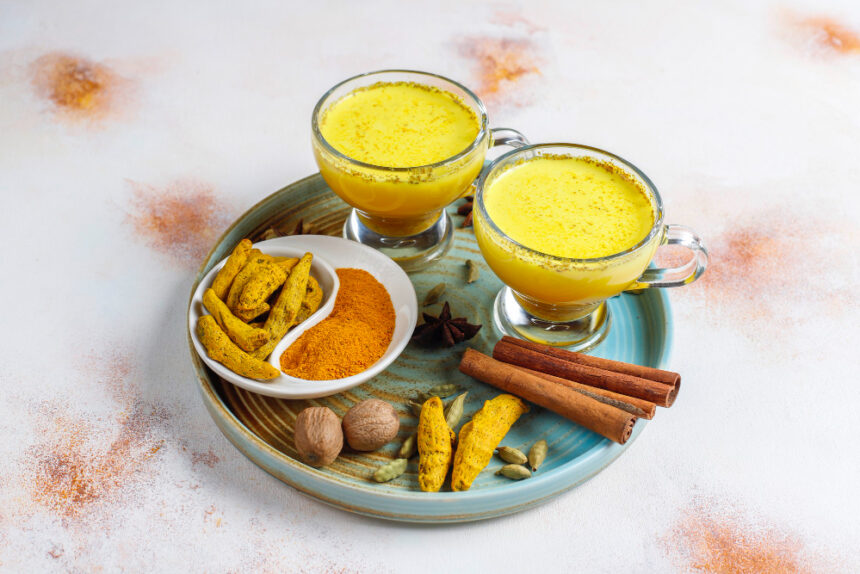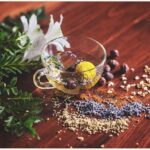Inflammation is the body’s normal response to injury or infection. It helps to protect the body by sending white blood cells to the affected area to fight off the infection. However, chronic inflammation can damage tissues and lead to a number of health problems, including heart disease, cancer, and arthritis.
There are a number of herbs that have been shown to reduce inflammation. These herbs work by blocking the production of inflammatory chemicals or by promoting the production of anti-inflammatory chemicals.
What herbs reduce inflammation?
Some of the most effective herbs for reducing inflammation include:
- Turmeric
- Ginger
- Boswellia
- Quercetin
- Green tea
- Turmeric is a spice used in traditional Indian medicine for millennia. It contains a compound called curcumin, which has been shown to have powerful anti-inflammatory properties. Curcumin has been found to help reduce inflammation in a variety of illnesses, including arthritis, heart disease, and cancer.
- Ginger, another spice, has been demonstrated to have anti-inflammatory effects. Ginger contains a compound called gingerol, which has been shown to inhibit the production of inflammatory chemicals. Ginger has been shown to be effective in reducing inflammation in a number of conditions, including arthritis, nausea, and menstrual cramps.
- Green tea contains a compound called epigallocatechin gallate (EGCG), which has been shown to have anti-inflammatory properties. EGCG has been shown to inhibit the production of inflammatory chemicals and to promote the production of anti-inflammatory chemicals. Green tea has been shown to be effective in reducing inflammation in a number of conditions, including arthritis, heart disease, and cancer.
- Boswellia is a tree that grows in India and Africa. The resin from the boswellia tree has been used in traditional Ayurvedic medicine for centuries to treat inflammation. Boswellia contains a number of compounds that have been shown to have anti-inflammatory properties. Boswellia has been shown to be effective in reducing inflammation in a number of conditions, including arthritis, asthma, and Crohn’s disease.
- Quercetin is a flavonoid present in several fruits and vegetables. Quercetin has been shown to have anti-inflammatory properties. Quercetin has been shown to be effective in reducing inflammation in a number of conditions, including allergies, asthma, and arthritis.
How to Use Herbs to Reduce Inflammation
Herbs can be used to reduce inflammation in a number of ways. They can be taken in capsule or tablet form, or they can be brewed into a tea. Some herbs can also be applied topically to the skin.
The dosage of herbs that is needed to reduce inflammation will vary depending on the herb and the condition being treated. It is important to talk to a doctor before taking any herbs, as some herbs can interact with medications or have other side effects.
Conclusion
Herbs can be a safe and effective way to reduce inflammation. If you are suffering from chronic inflammation, talk to your doctor about whether herbs may be right for you.




